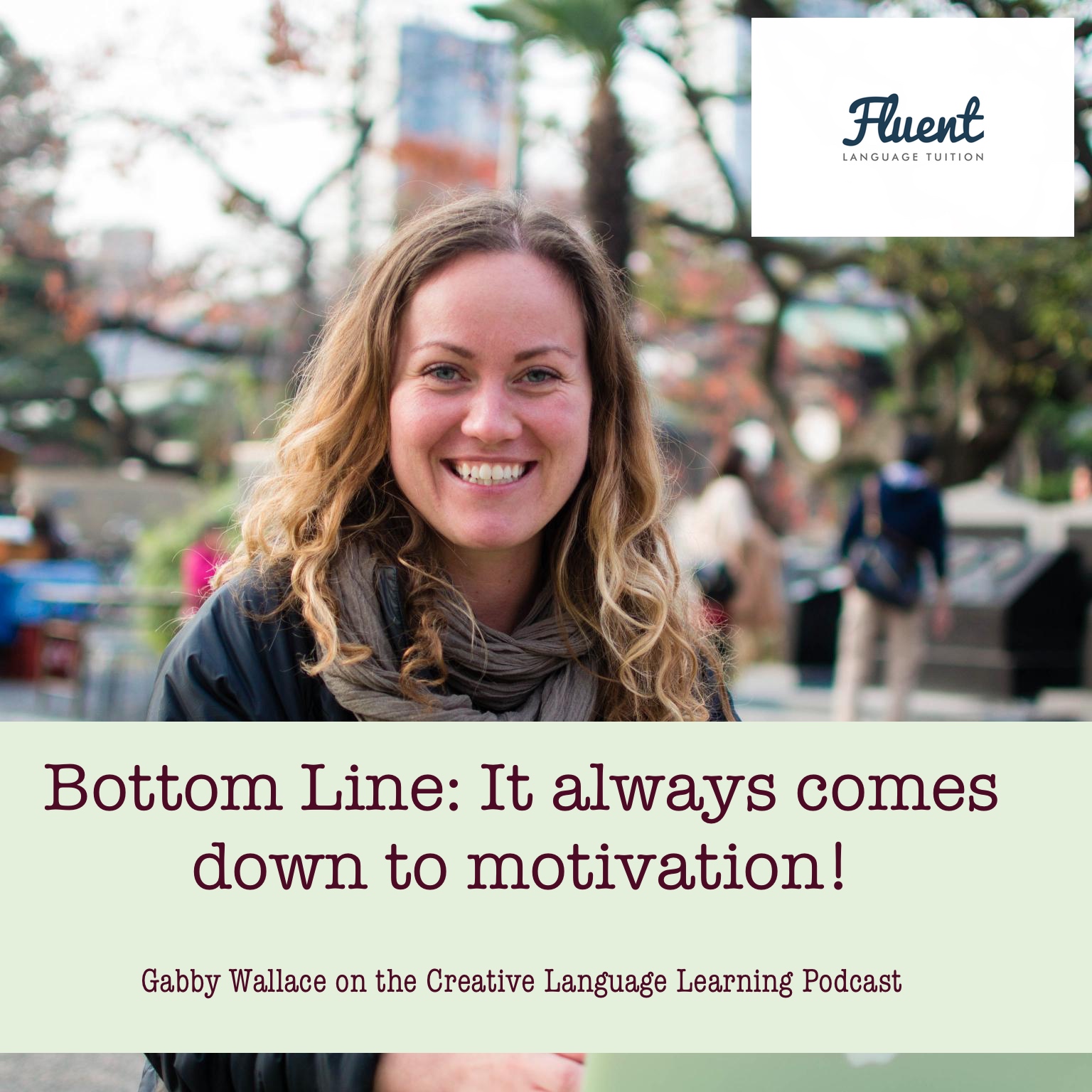In every language learning story, there comes a moment where you start wondering whether you’re doing things in the right way. You may start off with a burst of inspiration and the certainty that you’ll be fluent in just a few months. Then weird things start to happen. You wonder how to work less, remember more, and whether you’re cut out for studying every day. You miss a day, you google “is this normal?”.
And before you know it, you’re caught in “what the hell should I do?” territory feeling like a loser.
If any of that kind of feeling sounds familiar, let me tell you one thing: You don’t need any more theories. You need to start doing sensible things and following simple steps. In today’s review, I want to share a course that is all about teaching those simple steps.
Course Structure
Language Learning Foundations by Olly Richards is offered through his popular site iwillteachyoualanguage.com. It is not a huge course that will take you weeks to complete. It consists of 10 video lectures. You could block yourself off half a rainy Saturday, get comfortable with a laptop and use the time to overhaul your whole language routine. I’d say that’s a lot better than overloading your whole system.
Language Learning Foundations answers some of the most common questions that I see language learners ask all the time, and in this course you will get some answers that really help you out. Olly provides tips and instructions that will help you learn more effectively and achieve your goals a little faster.
Every training video and slideshow can be downloaded. They require some concentration from you, but I was impressed because they were all designed for real life. There's no dry theory here, instead you get tips that you can apply immediately.
How to make progress and not get distracted
For example, Module 3 is called “How to make progress and not get distracted”. Olly goes into detail here about how to get started, advising first of all on the best criteria for a helpful textbook or resource. This alone could save you hours of failed attempts with materials that just don't work. He then brings a bunch of solid arguments for why learners should select this type of resource, and what makes them different from other higgledy-piggledy types of approaches.
In the same module, Olly then moves on to sharing his own views on what your learning mindset should be when working with materials such as textbooks. Finally, there's an exact strategy for the actions you should take with textbook dialogues and audio examples. His advice is very detailed and focused throughout, it's the real deal and so helpful if you want to know how to learn a language independently.
Each module’s video takes 10-15 minutes to watch, but I think you should allow a quarter hour to digest their content afterwards and really think about how you’ll apply what Olly just discussed.
What’s in the package?
Olly has put together two different course packages, starting from just $47 which is a kick-ass price for a course that will enable you to learn without Rosetta Stone, without classes, without hand-holding. You can even upgrade the course to get an ebook version and audio training so you can learn away from your computer. He also offers interviews with four experts:
- Alex Rawlings (only the most multilingual student in Britain!)
- Richard Simcott
- Chris Parker (famously fluent in Mandarin Chinese) and
- …me as the language learning and teaching poster girl.
Olly’s interview with me was excellent. He asked intelligent questions, made sure every answer I gave was practical and useful for all learners, and our conversation goes perfectly with what this course is all about. So in other words, if you have the extra pennies to invest in these expert videos, go for it.
The slides and audio quality are fabulous throughout, by the way, and Olly also does that thing I love in video teachers: he shows his face regularly and speaks to you as the learner so you know this is your dedicated instructor.
Who’s it for?
Language Learning Foundations is designed so it can benefit any learner, especially beginners or those who are keen to reach dizzy polyglot heights.
A course like this is best if you’ve never enjoyed formal language training and you want to learn a language in your own way.
If you hated language learning in school, then you will enjoy Language Learning Foundations.
Conclusion
Olly has gone into great detail in his language learning course. He is a teacher and language blogger and speaks 7 languages himself. The course is for those who are looking for the best method to teach them skills for learning a language independently.
At the end of Language Learning Foundations, you will
- Know specific techniques for setting your intentions, staying motivated and experiencing language learning success
- Be able to select the perfect materials FOR YOU and know how to cut through empty promises
- Feel confident and ready to tackle the world in a new language
- Have solid foundations for cutting out the things in language learning that have always frustrated you
It is an incredibly friendly experience, so go and try out Language Learning Foundations if you’re new to language learning.
You can purchase the basic or extended video course versions from Olly’s course page.
Thanks for reading this article on Fluent, the Language Learning Blog. The links in this article are affiliate links and support Fluent without costing you any more money. My review is not paid for and being an affiliate did not affect the content.









